Colombo, Sep 22 (V7N)- Sri Lanka held its first presidential election on Saturday, two years after the ouster of former president Gotabaya Rajapaksa. As votes continue to be counted, Anura Kumara Dissanayake, leader of the National People's Power (NPP), is leading the race to become the country’s ninth president.
According to NPP party sources, Dissanayake, a Marxist leader, could take his oath of office as early as Sunday if the final results confirm his victory. Early reports from the BBC indicate that Dissanayake has secured nearly 50% of the votes counted, putting him significantly ahead of his main rivals.
Sajith Premadasa, who is trailing in second place, has garnered 26% of the votes so far, while incumbent President Ranil Wickremesinghe is in third place with 16%. Namal Rajapaksa, son of the former president’s brother Mahinda Rajapaksa, has received only 3% of the vote, despite being considered a major contender earlier in the race.
The election, which saw 39 candidates competing for the presidency, had a total of 1.7 million registered voters. Under Sri Lanka's new election law, voters can select up to three candidates, with a candidate needing at least 50% of the vote to win outright. If no candidate reaches this threshold, a run-off will take place between the two leading candidates.
Sri Lankan Foreign Minister Ali Sabry, who had campaigned for Wickremesinghe, has acknowledged Dissanayake's likely victory. "The people of Sri Lanka have clearly decided in favor of Dissanayake," Sabry said, expressing hope that the new leadership would bring peace, prosperity, and stability to the country.
This election is seen not only as a test of leadership but also as a referendum on the International Monetary Fund’s (IMF) economic program, which was implemented under Wickremesinghe's leadership following Sri Lanka's economic collapse in 2022.
The country's economy had faced severe turmoil, leading to massive protests in May 2022, which resulted in the storming of Gotabaya Rajapaksa's residence and his subsequent exile. Despite efforts to stabilize the economy, Sri Lanka remains in significant debt, owing $46 billion in foreign loans, with millions of citizens still struggling to survive.
The election result, whether finalised after the first round or in a possible run-off, will determine Sri Lanka’s next steps in its recovery and future governance.
END/AJ/SMA



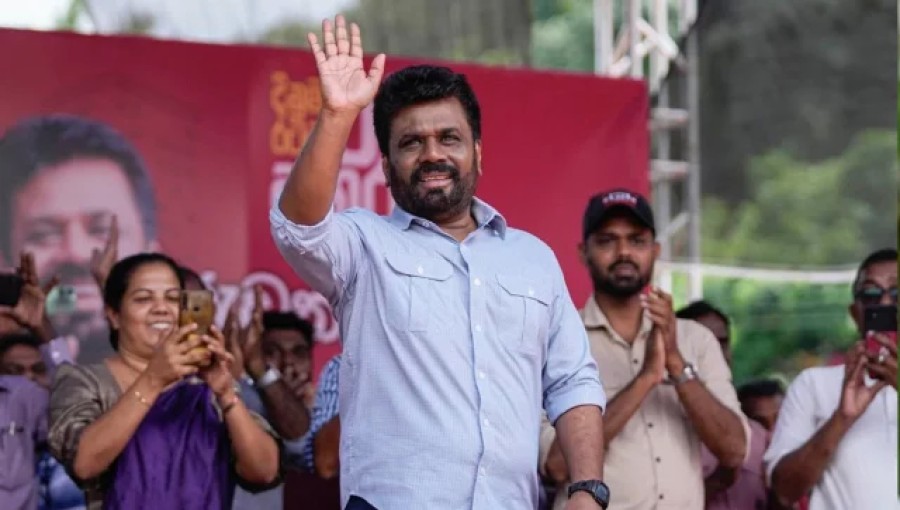
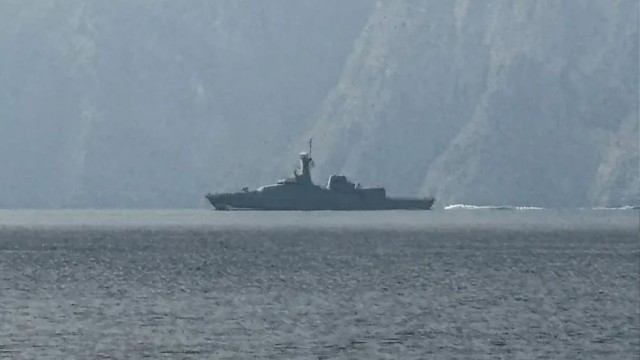
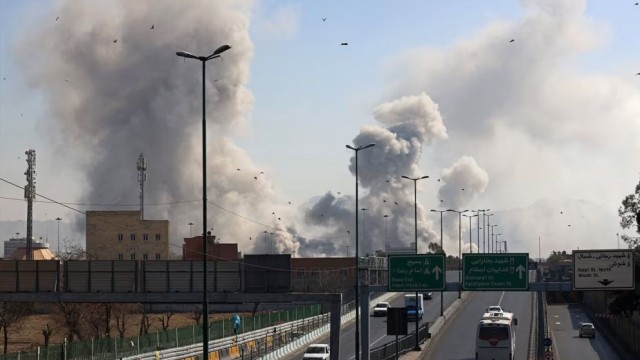
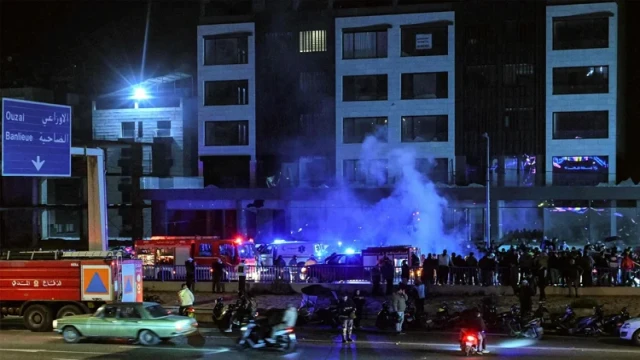
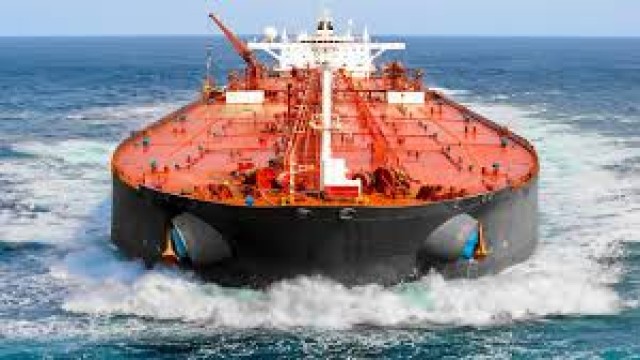
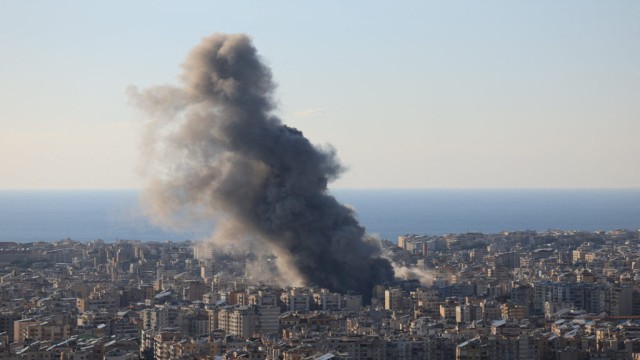
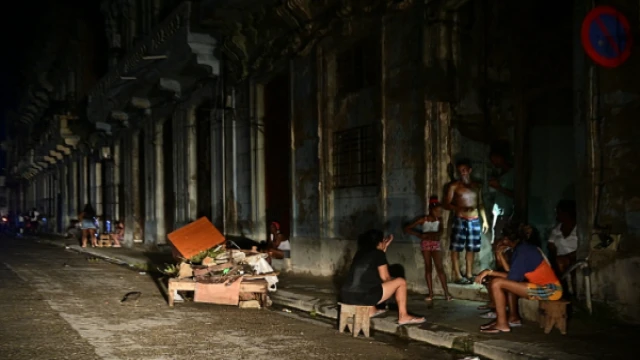
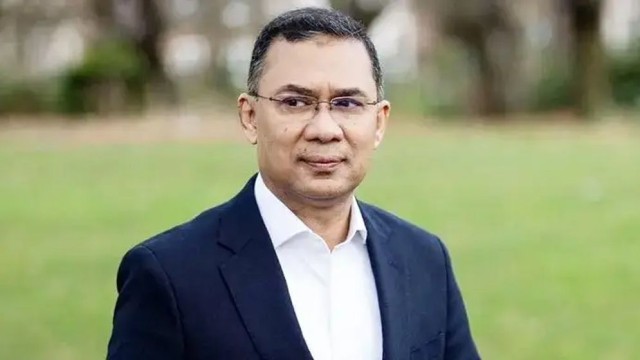


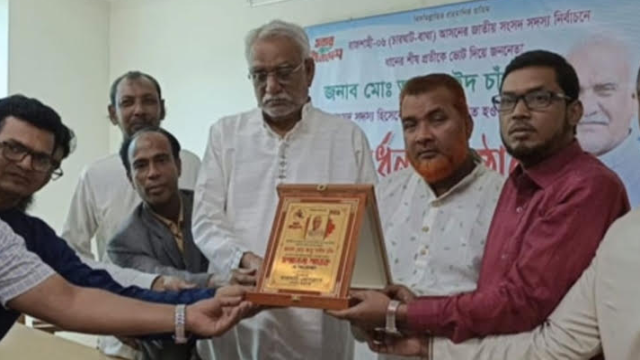
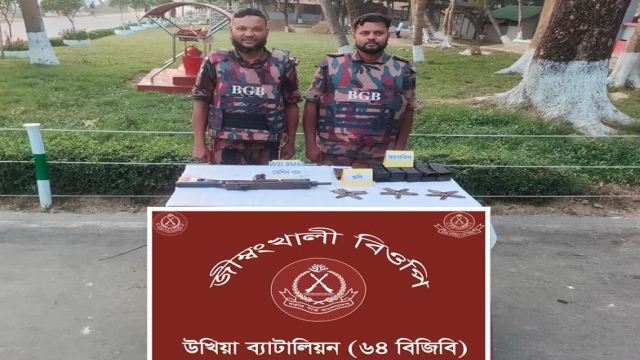
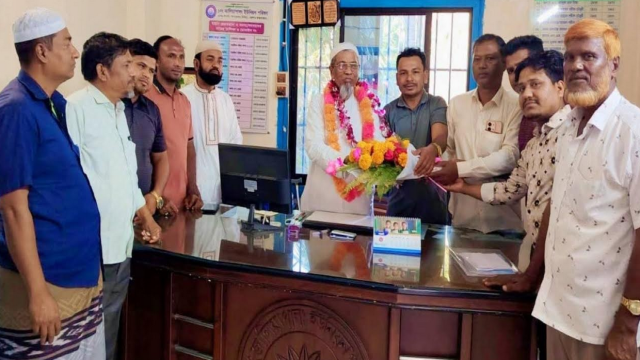
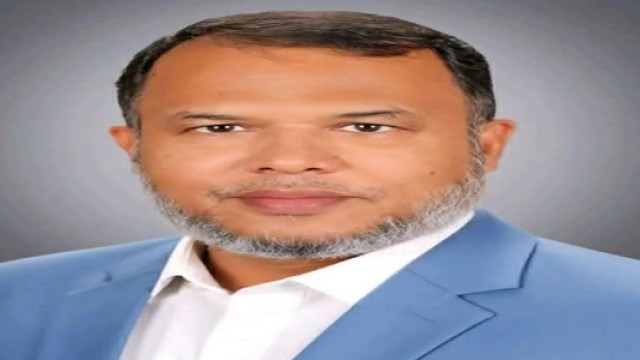

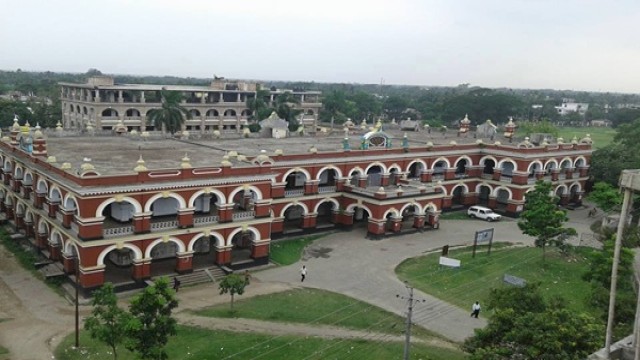
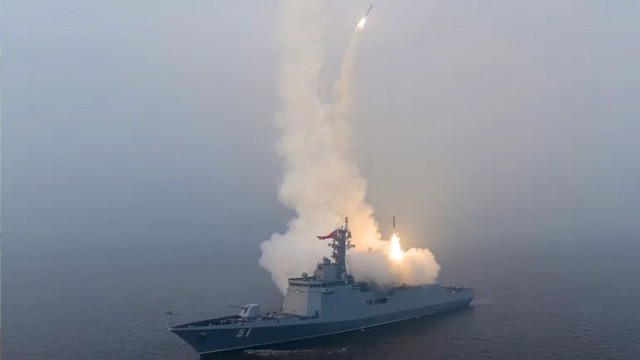











Comment: